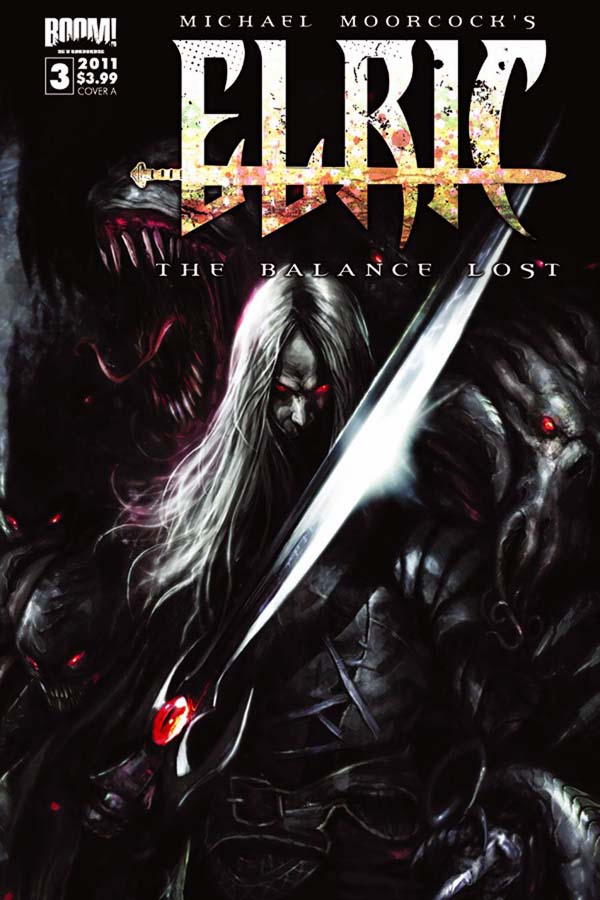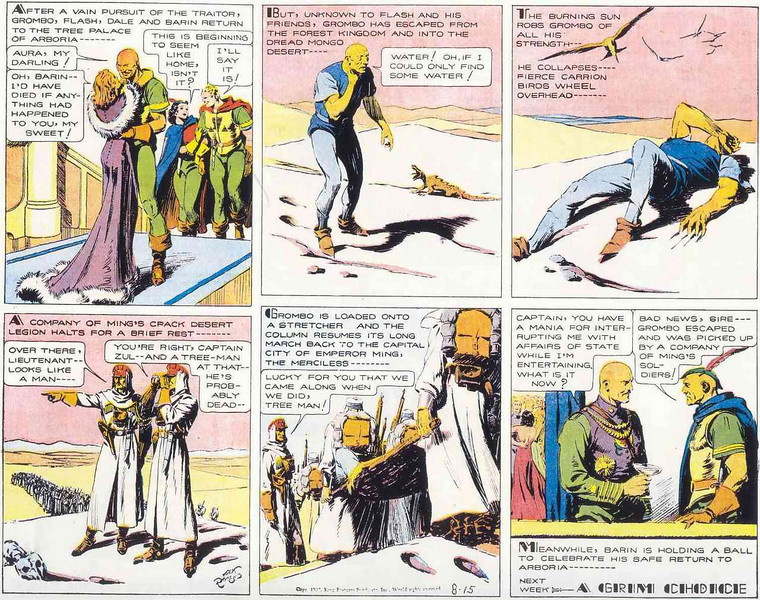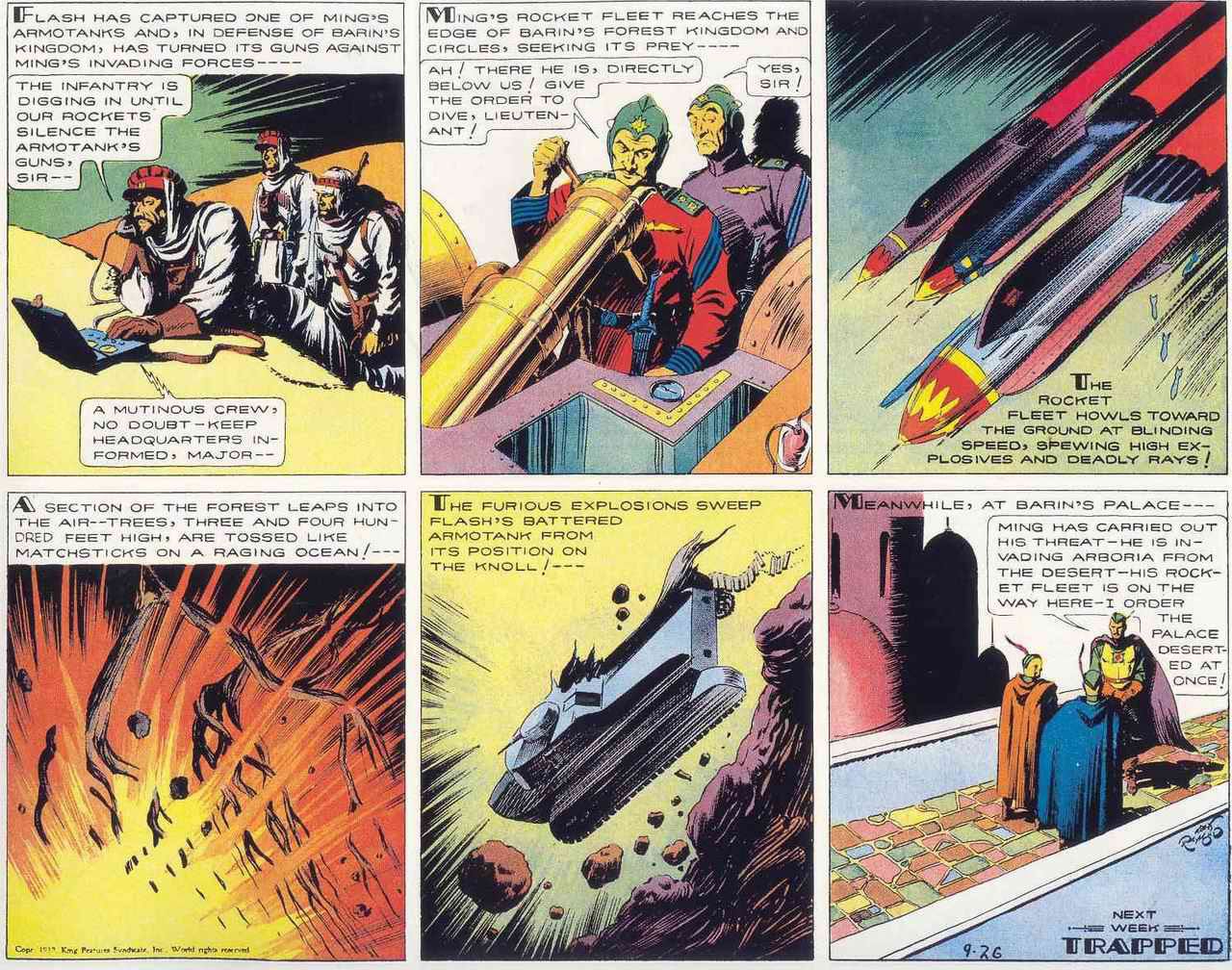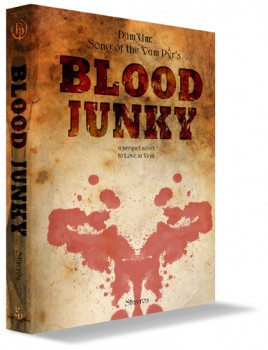 I know, I know. You’ve never heard of Elwy Yost.
I know, I know. You’ve never heard of Elwy Yost.
But you probably didn’t grow up in Ontario in the late 70s and early 80s. Those who did knew and loved Elwy Yost.
Elwy Yost was the host of TVOntario’s Saturday Night at the Movies from 1974–99 and, more importantly to me, the half-hour weekday show Magic Shadows, from 1974 until the mid-80s.
When I was 12 years old in 1976, my after-school ritual was well-established. Walk home from Sir Wilfred Laurier High School, finish homework, eat dinner, and then stretch out on the living room floor, lying on my stomach with my feet in the air, to watch Magic Shadows.
Magic Shadows presented classic Hollywood movies, cut into half-hour serials and introduced by Yost with erudite and infectious enthusiasm. Best of all, Yost had an unapologetic fondness for the occasional monster movie, including King Kong, Gorgo, and others. On those weeks when the main feature would wrap up by Thursday, Friday would feature an episode of a true film serial like The Adventures of Captain Marvel, Mysterious Doctor Satan, or Captain America.
For those who do remember, here’s the animated intro to Magic Shadows on YouTube, and a sample of classic Yost as he introduced the 1954 Marlon Brando pic Desirée. Watching these two clips brought me right back to the late 70s. [Thanks to my friend Todd Ruthman for sending them my way.]
In later years Elwy Yost was overshadowed by his son, Graham Yost, who moved to California to become a screenwriter (Speed, Broken Arrow) and writer/director (of the HBO miniseries The Pacific). Speed was the last movie Yost hosted before retiring from Saturday Night at the Movies in 1999. Elwy Yost wrote Magic Moments from the Movies and two young adult novels, Secret of the Lost Empire and Billy and the Bubbleship, and a mystery novel, White Shadows.
I would develop a lasting fondness for pulp fiction when I discovered pulp magazines later in high school. But it was Elwy Yost who showed me that the best adventure fiction — yes, even monster movies — deserved to be preserved and studied with the same loving attention as the finest cinema. He was a man who loved film, and who communicated that love to an entire generation of young Canadians.
I miss him already.
 Ever since interviewing Charlene Harris, I must admit to being a big fan of True Blood. But it’s important to note that the HBO series encompasses far more creatures than just vampires and the vampires that do reside in Bon Temps, LA where all the action takes place, at least adhere to the widely accepted folklore such as adversity to daylight, stakes through the heart, etc.
Ever since interviewing Charlene Harris, I must admit to being a big fan of True Blood. But it’s important to note that the HBO series encompasses far more creatures than just vampires and the vampires that do reside in Bon Temps, LA where all the action takes place, at least adhere to the widely accepted folklore such as adversity to daylight, stakes through the heart, etc.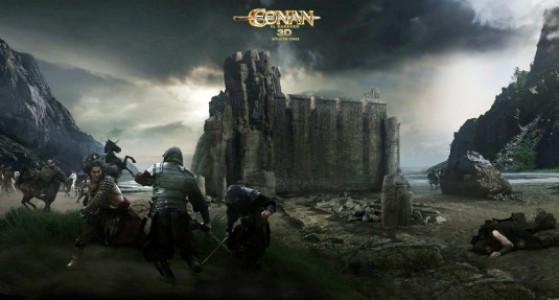
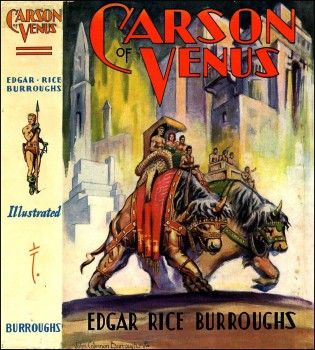 Five years have passed since Edgar Rice Burroughs wrote Lost on Venus, and the world has undergone a startling and disturbing metamorphosis. Something sinister and confusing is taking place in Europe, and across the Atlantic waters the people of the United States are growing concerned at the saber-rattling of Nazi Germany. The poverty-crippled period in which ERB wrote the previous Venus books has given way to a time of escalating fear of a second great war.
Five years have passed since Edgar Rice Burroughs wrote Lost on Venus, and the world has undergone a startling and disturbing metamorphosis. Something sinister and confusing is taking place in Europe, and across the Atlantic waters the people of the United States are growing concerned at the saber-rattling of Nazi Germany. The poverty-crippled period in which ERB wrote the previous Venus books has given way to a time of escalating fear of a second great war. Dear Black Gate Readers,
Dear Black Gate Readers, I recently finished reading Greer Gilman’s second novel, 2009’s Cloud & Ashes. I’ve never come across Gilman’s first book, Moonwise, but I’m now looking forward to tracking it down.
I recently finished reading Greer Gilman’s second novel, 2009’s Cloud & Ashes. I’ve never come across Gilman’s first book, Moonwise, but I’m now looking forward to tracking it down.
 Further news on the plight of the physical bookstore front. Berkeley’s
Further news on the plight of the physical bookstore front. Berkeley’s 